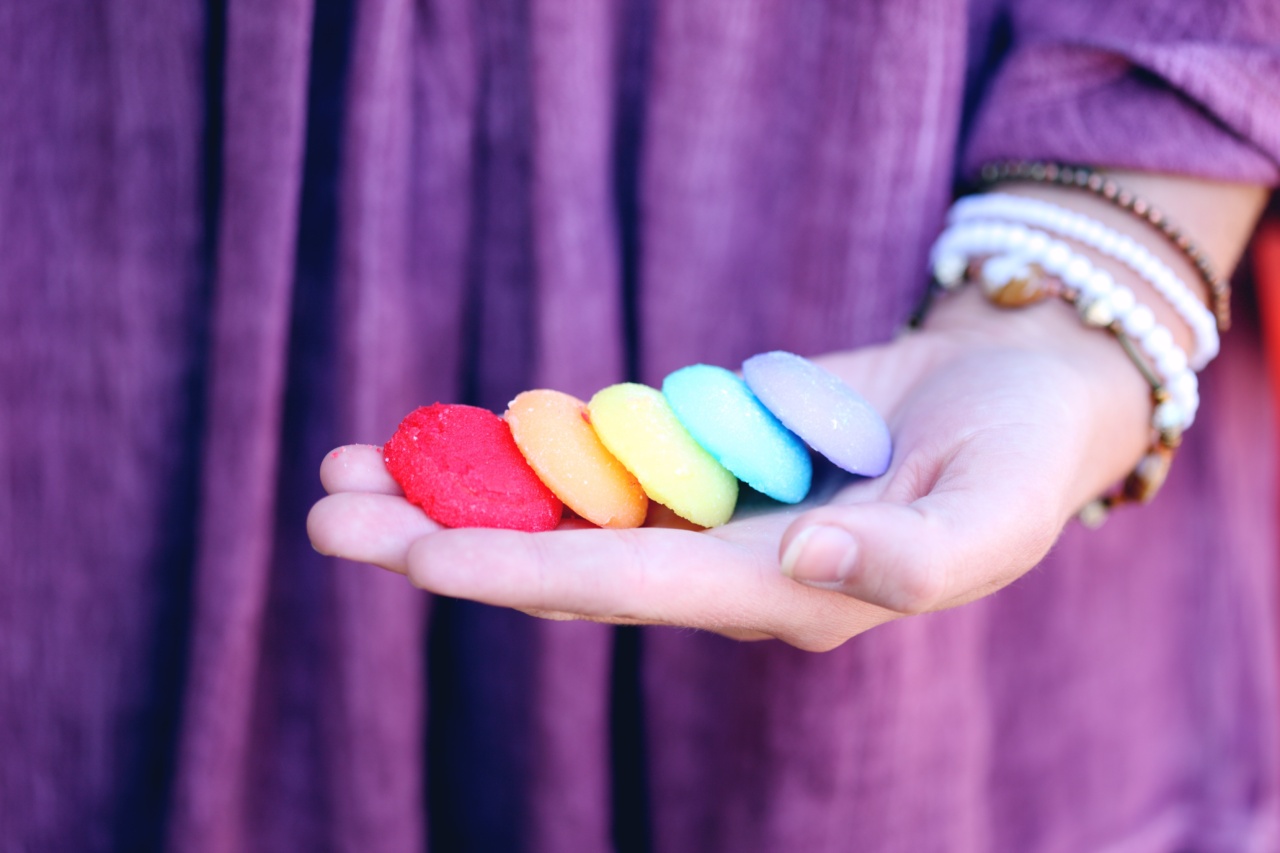Irritable Bowel Syndrome is a common condition that affects the digestive system. It’s a chronic condition that causes a range of symptoms including abdominal pain, bloating, constipation, and diarrhea.
If you have IBS, you may find that certain foods trigger your symptoms. In this article, we’ll look at the five worst foods for IBS and why they can be problematic.
1. Fatty Foods
Fatty foods can cause problems for people with IBS. This is because fat slows down the digestive process, which can lead to constipation. It can also cause bloating, cramping, and diarrhea.
Some common sources of fat that are problematic for people with IBS include fried foods, fatty meats, creamy sauces, and high-fat dairy products. If you have IBS, try to avoid these types of foods or limit your intake.
2. Gluten
Gluten is a protein that is found in wheat, barley, and rye. For people with celiac disease, eating gluten can lead to damage to the small intestine.
But for people with IBS, gluten can cause a range of digestive symptoms including bloating, gas, diarrhea, and constipation. If you suspect that gluten is a problem for you, try eliminating it from your diet for a few weeks to see if your symptoms improve.
3. Dairy Products
Dairy products can be problematic for people with IBS because they contain lactose, a type of sugar that some people can’t digest properly. This can lead to bloating, gas, and diarrhea.
If you have IBS, you may be able to tolerate small amounts of dairy, but it’s best to avoid large servings or dairy-heavy meals.
4. Spicy Foods
Spicy foods can be a trigger for people with IBS. This is because they can irritate the lining of the digestive system, leading to pain, bloating, and diarrhea. If you love spicy foods, try reducing your intake or choosing milder options.
5. Carbonated Beverages
Carbonated beverages can cause problems for people with IBS. This is because they can lead to bloating and gas. If you have IBS, it’s best to avoid carbonated beverages or limit your intake.
Conclusion
If you have IBS, it’s important to pay attention to what you eat and how it affects your symptoms. While everyone’s triggers are different, there are some foods that are more likely to cause problems.
The five worst foods for IBS are fatty foods, gluten, dairy products, spicy foods, and carbonated beverages. By avoiding or limiting these foods, you may be able to reduce your symptoms and improve your quality of life.





























